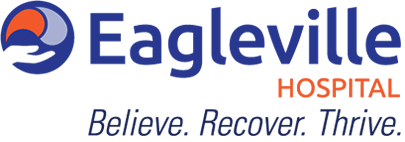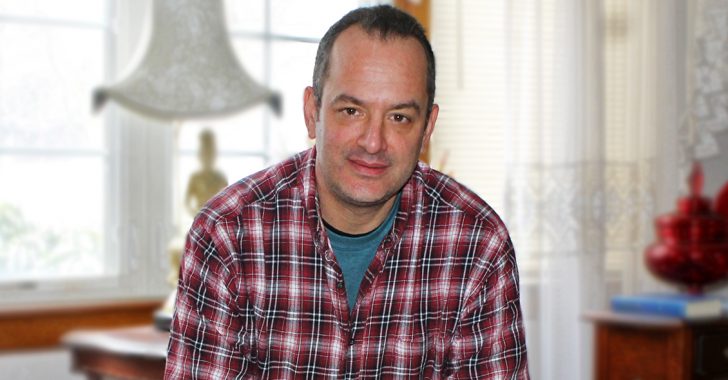Making the Most of a ‘Last Shot’
Life has a way of turning up the intensity at the most inconvenient moments.
Kerry Morath, who began drinking as a teen, had achieved about six months of sobriety when his father had a stroke. So, Kerry moved in with his parents to help care for his ailing father.
Then his father had a second stroke and the already stressful situation grew to a level that was more than Kerry could handle. He started drinking again and was soon arrested and charged with a DUI.
“I’ve had eight DUIs,” Kerry says, “to give you an idea of just how much of a problem drinking’s been for me.”
He returned to Eagleville Hospital””his second time here and his fourth time in a drug and alcohol treatment facility””for 21 days, the longest period his insurance would cover. Around the same time, his father was also discharged from the hospital due to insurance coverage.
“It was a pretty horrible couple of weeks,” Kerry recalls.
His father died February 8, 2017. Almost two months later, Kerry was drinking and didn’t talk much when he was visited by his niece.
“I was close with her,” Kerry says. “She suffered from depression and anxiety, just like me. So we were very open with each other. She always turned to me.”
During that visit, Kerry saw no obvious indication his niece was in crisis. But on the following day, April 7, 2017, she died by suicide.
“Her death threw me way off the deep end,” he says.
On November 3, 2017, Kerry entered the Montgomery County Drug Treatment Court, a voluntary, court-supervised treatment program for non-violent offenders with drug and/or alcohol related charges who have a substance use disorder. He’s been sober since September 28, 2017.
Kerry has taken to the program’s strict oversight, but credits Eagleville with putting him in a position where he could make the most of his treatment.
“I got more comfortable talking to people at Eagleville. The staff was easier to talk with than at the other rehabs I’d been to,” Kerry says. “I have some trust issues. Talking to people is very hard for me. So it’s really important that I’m able to do that a little more easily now. It’s definitely helped me with groups and counseling. I still don’t share enough in AA, but I’m finally starting to do it more.”
Kerry describes these last 14 months as nothing short of “miraculous.”
“The first couple months were a struggle. I didn’t have a job and I don’t have a license, so it was hard to establish a meeting schedule,” he says. “But then I got a part-time job at Giant and then a full-time job at Walmart, and it’s close to my house. Everything took off from there.
“I was just promoted to department manager. I’ve got money in the bank. I’m getting along better with my family than I have in a long time. And I’m not a miserable person anymore,” he says.
Kerry remains aware that this is, as he says, his “last shot.” And he’s making the most of it. He’s happy to report that he gets along better with his family these days, he’s less “miserable” toward others, and his memory has improved.
“This is the longest I’ve been sober since I was 15. I never had a year coin before,” he says. “Now I have a chance to be thinking about goals.”
Kerry set his sights set on other accomplishments, too. Though he’s terrified of heights, he went skydiving just a few weeks ago.
“I’m not where I want to be at 49,” he says. “But I’m happy with where I am.”

